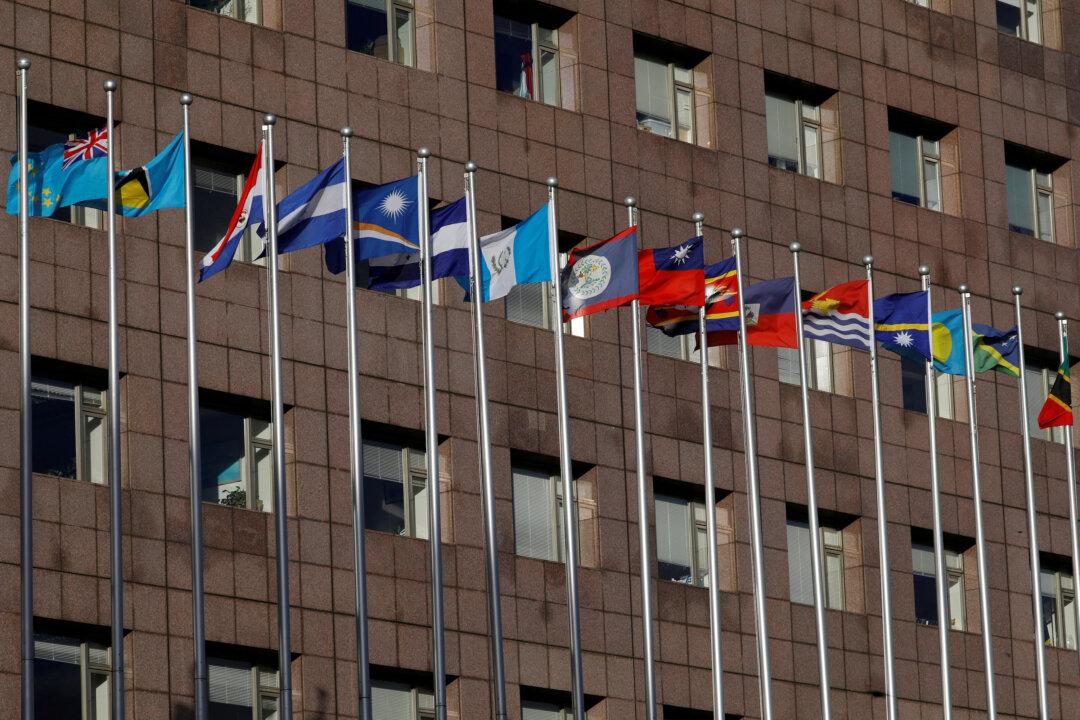SYDNEY—U.S. officials have warned the Solomon Islands to be wary of Chinese funding promises and not to be pressed into cutting ties with Taiwan, in comments highlighting increasing big-power competition for influence in the South Pacific.
The U.S. warnings were made this week in the Solomons capital of Honiara, on the island of Guadacanal, in comments to reporters, after several of the island nation’s senior lawmakers said they wanted to switch their diplomatic links to Beijing from Taiwan.





